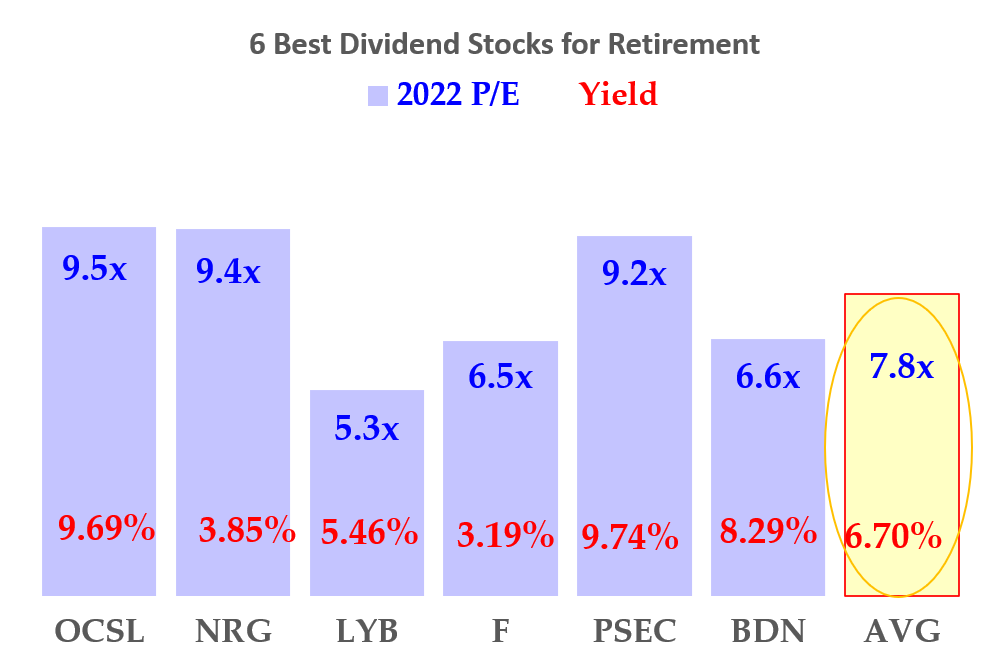
Investing is the process of putting your hard-earned money to work. You can invest in stocks and bonds, real-estate property, or another investment option. These investments will help you grow your money over time, as well as provide a source of additional income.
The most common investment method is buying individual bonds and shares. This type of investment requires extensive research and a great deal of time. However, there are many other options available that can make it easier for new investors to start investing their hard-earned money.
Basic Investment Terms
There are a lot of different types of investments, and it's important to understand the terms that are used to describe them. If you want to make the best choice for your own financial situation, you need to understand what these terms mean.
Overview of Finance and Investing
When investing money, you should consider many factors, such as how much you are willing to invest, what type of investment is right for you, and your personal financial goals. These factors help you determine which type of investment will be best for you and the strategies that you can use to maximize returns.

Depending on your goals, you may choose to invest in long-term investments (such as high-yielding saving accounts) over short-term ones. Both styles have advantages and disadvantages. But it's better to choose a style which you are comfortable with.
Bonds and Securities
A bond can be compared to an IOU issued by a government, municipality or company. It gives you a promise to pay you a specific amount of interest for a certain period of time. The issuer will also guarantee to pay you back the full amount of the original loan at a certain date.
Stocks are a form of investing which can be exciting but also has risks. Stocks are volatile and their value can drop, so you need to invest with a long-term plan.
Diversifying your investments is the best way to prevent losing money. It means combining different types of investment to spread your risk.
Stocks, bonds and commodities are among the most popular investment forms. You can invest in these types of investments using a variety of tools, such as online brokers or mutual funds.

Securities are issued to show ownership, or the right to receive a share in the company's profits. They can also be sold or exchanged for other types of securities, such as mortgages or real estate.
You can invest in raw materials, such as metals and oil. Their value will fluctuate over time. Oil, gas, and other commodities can make for good investments during times of economic expansion. If there is an economic shortage of the resource, you can profit from buying the commodity at a higher cost.
FAQ
What are the pros of investing through a Mutual Fund?
-
Low cost - buying shares directly from a company is expensive. Purchase of shares through a mutual funds is more affordable.
-
Diversification is a feature of most mutual funds that includes a variety securities. If one type of security drops in value, others will rise.
-
Management by professionals - professional managers ensure that the fund is only investing in securities that meet its objectives.
-
Liquidity is a mutual fund that gives you quick access to cash. You can withdraw money whenever you like.
-
Tax efficiency- Mutual funds can be tax efficient. As a result, you don't have to worry about capital gains or losses until you sell your shares.
-
For buying or selling shares, there are no transaction costs and there are not any commissions.
-
Mutual funds are easy-to-use - they're simple to invest in. All you need is money and a bank card.
-
Flexibility - You can modify your holdings as many times as you wish without paying additional fees.
-
Access to information - you can check out what is happening inside the fund and how well it performs.
-
Investment advice - ask questions and get the answers you need from the fund manager.
-
Security - know what kind of security your holdings are.
-
You have control - you can influence the fund's investment decisions.
-
Portfolio tracking – You can track the performance and evolution of your portfolio over time.
-
Easy withdrawal: You can easily withdraw funds.
There are some disadvantages to investing in mutual funds
-
Limited investment opportunities - mutual funds may not offer all investment opportunities.
-
High expense ratio: Brokerage fees, administrative fees, as well as operating expenses, are all expenses that come with owning a part of a mutual funds. These expenses will eat into your returns.
-
Lack of liquidity - many mutual fund do not accept deposits. They must be bought using cash. This limits your investment options.
-
Poor customer service - There is no single point where customers can complain about mutual funds. Instead, you need to contact the fund's brokers, salespeople, and administrators.
-
Rigorous - Insolvency of the fund could mean you lose everything
How are Share Prices Set?
Investors are seeking a return of their investment and set the share prices. They want to make profits from the company. So they purchase shares at a set price. If the share price increases, the investor makes more money. If the share price falls, then the investor loses money.
An investor's main objective is to make as many dollars as possible. This is why they invest into companies. They can make lots of money.
What is a mutual funds?
Mutual funds are pools or money that is invested in securities. They provide diversification so that all types of investments are represented in the pool. This helps reduce risk.
Managers who oversee mutual funds' investment decisions are professionals. Some funds also allow investors to manage their own portfolios.
Mutual funds are preferable to individual stocks for their simplicity and lower risk.
Statistics
- "If all of your money's in one stock, you could potentially lose 50% of it overnight," Moore says. (nerdwallet.com)
- Even if you find talent for trading stocks, allocating more than 10% of your portfolio to an individual stock can expose your savings to too much volatility. (nerdwallet.com)
- The S&P 500 has grown about 10.5% per year since its establishment in the 1920s. (investopedia.com)
- Our focus on Main Street investors reflects the fact that American households own $38 trillion worth of equities, more than 59 percent of the U.S. equity market either directly or indirectly through mutual funds, retirement accounts, and other investments. (sec.gov)
External Links
How To
How can I invest into bonds?
An investment fund, also known as a bond, is required to be purchased. You will be paid back at regular intervals despite low interest rates. You make money over time by this method.
There are many ways you can invest in bonds.
-
Directly purchase individual bonds
-
Purchase of shares in a bond investment
-
Investing via a broker/bank
-
Investing through a financial institution.
-
Investing in a pension.
-
Directly invest through a stockbroker
-
Investing through a Mutual Fund
-
Investing through a unit trust.
-
Investing through a life insurance policy.
-
Investing with a private equity firm
-
Investing through an index-linked fund.
-
Investing via a hedge fund